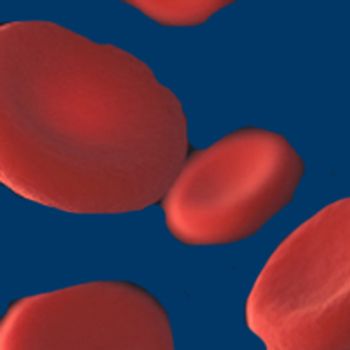
Treating younger patients with low-risk diffuse large B-cell lymphoma with 2 fewer frontline cycles of R-CHOP greatly reduced toxicity without sacrificing efficacy, according to findings from the FLYER trial.

Your AI-Trained Oncology Knowledge Connection!


Treating younger patients with low-risk diffuse large B-cell lymphoma with 2 fewer frontline cycles of R-CHOP greatly reduced toxicity without sacrificing efficacy, according to findings from the FLYER trial.
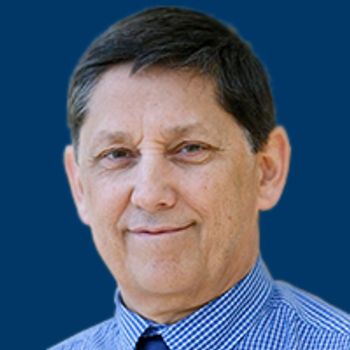
Tisagenlecleucel continued to demonstrate durable objective response rates with a median of 19 months of follow-up for patients with relapsed or refractory diffuse large B-cell lymphoma, according to updated findings from the phase II JULIET study.
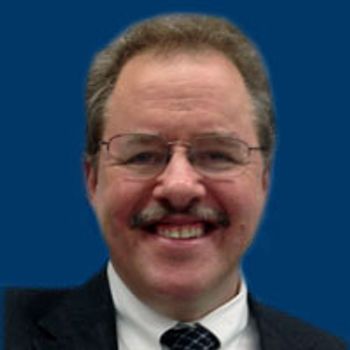
Treatment with the CD19-targeted CAR T-cell therapy tisagenlecleucel demonstrated sustained rates of relapse-free survival and overall survival at 24 and 18 months for pediatric and young adult patients with relapsed or refractory acute lymphoblastic leukemia.
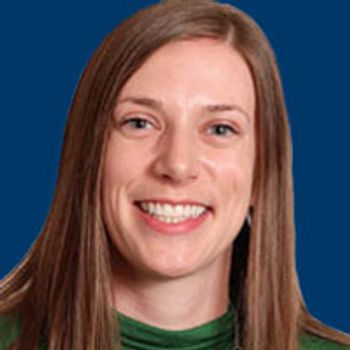
Ibrutinib as monotherapy and combined with rituximab significantly improved progression-free survival compared with bendamustine plus rituximab as frontline therapy for older patients with chronic lymphocytic leukemia.
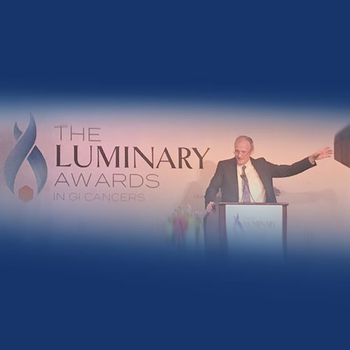
Five leaders in the fight against gastrointestinal cancers from academia, the community, and clinic were honored at the 2018 Luminary Awards.
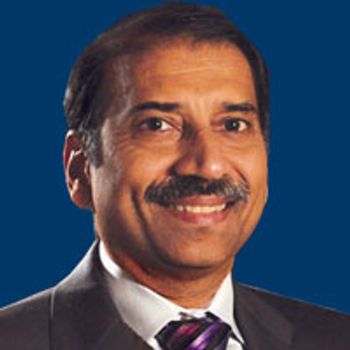
Ahead of the 2018 ASH Annual Meeting, multiple myeloma experts Sundar Jagannath, MBBS, selected the most pivotal abstracts in their field.
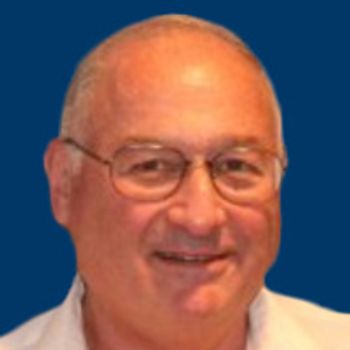
There is limited data on when and whether oncologists should change systemic therapy for patients with non–small cell lung cancer, but some studies provide useful guidance.
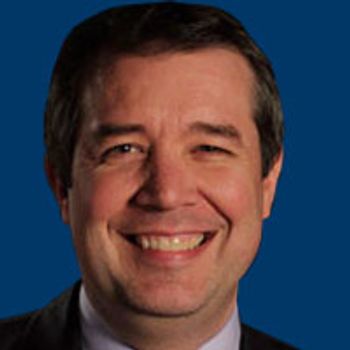
In light of recent advancements, the current paradigm for choosing first-line therapy for patients with metastatic non–small cell lung cancer who do not harbor an actionable driver oncogene depends upon PD-L1 expression level and histology.
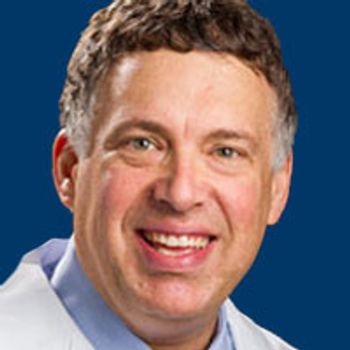
Roy S. Herbst, MD, PhD, discusses where future research is headed for immunotherapy in lung cancer.
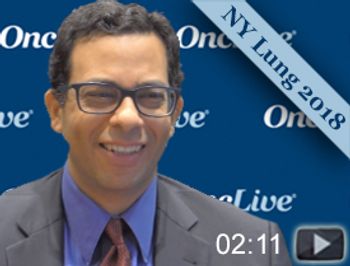
Nasser Hanna, MD, Tom and Julie Wood Family Foundation Professor of Lung Cancer Clinical Research, at Indiana University Melvin and Bren Simon Cancer Center, discusses the efficacy of consolidation immunotherapy in patients with stage III non–small cell lung cancer.
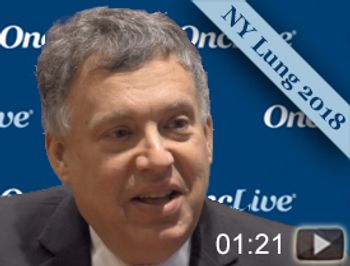
Roy S. Herbst, MD, PhD, chief of medical oncology, professor of medicine, Yale Cancer Center, Smilow Cancer Hospital, discusses mechanisms of immune resistance for patients with lung cancer.
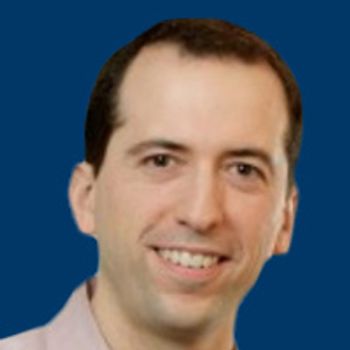
Although driver mutations have been identified for significant NSCLC subsets, patients with metastatic disease benefit from broad panel next-generation sequencing testing because of the growing clinical relevance of less common alterations and gene signatures.
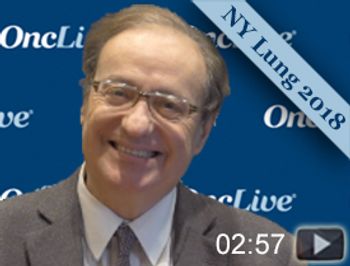
Roman Perez-Soler, MD, chairman of the Department of Oncology and chief of the Division of Medical Oncology at Montefiore Medical Center, discusses the efficiency of next-generation sequencing in lung cancer.
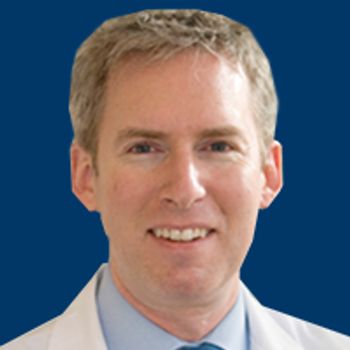
D. Ross Camidge, MD, PhD, discusses the crowded landscape of oncogene-driven non­–small cell lung cancer.
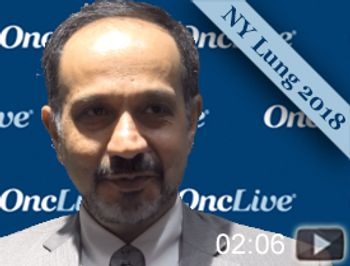
Hossein Borghaei, DO, chief, Division of Thoracic Medical Oncology, director, Lung Cancer Risk Assessment, associate professor, Department of Hematology/Oncology, Fox Chase Cancer Center, discusses the evolving second line of treatment in small cell lung cancer.
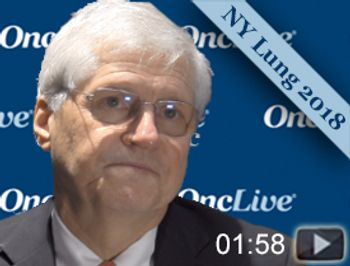
Mark G. Kris, MD, medical oncologist, William and Joy Ruane Chair in Thoracic Oncology, Memorial Sloan Kettering Cancer Center, discusses adjuvant systemic therapy in patients with non–small cell lung cancer.
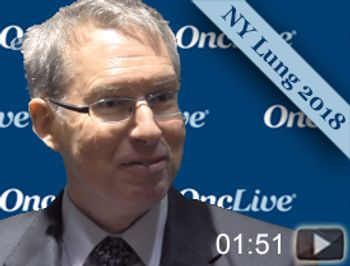
D. Ross Camidge, MD, PhD, director of thoracic oncology, University of Colorado, discusses optimal treatment regimens for patients with EGFR-positive non–small cell lung cancer.
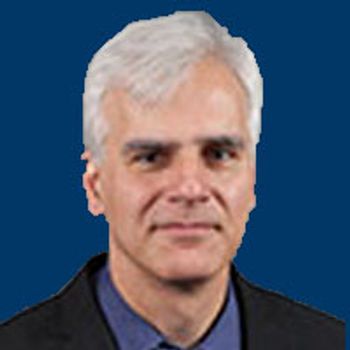
Balazs Halmos, MD, MS, discusses overcoming acquired resistance and other next steps needed to advance the oncogene-driven non–small cell lung cancer paradigm.
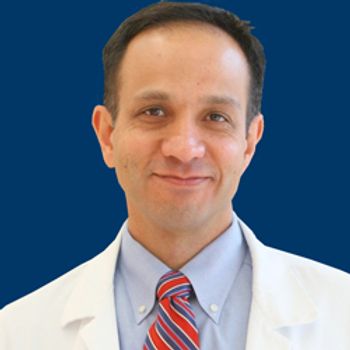
Hossein Borghaei, DO, MS, discusses current and potential therapeutic approaches for patients with non-oncogene driven lung cancer who progress on frontline treatment.
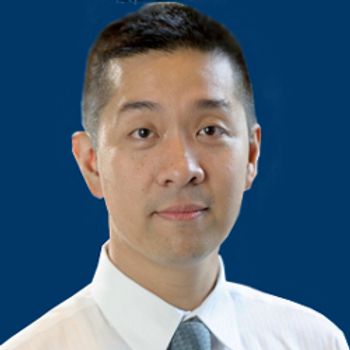
Alexander E. Drilon, MD, discusses developing markers in the non–small cell lung cancer paradigm.
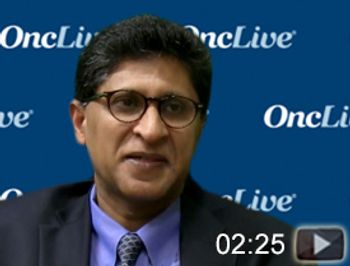
Ravi Vij, MD, MBA, professor of medicine, Division of Oncology, Section of Bone Marrow Transplant, Washington University School of Medicine, Siteman Cancer Center, discusses the use of maintenance and consolidation in multiple myeloma.
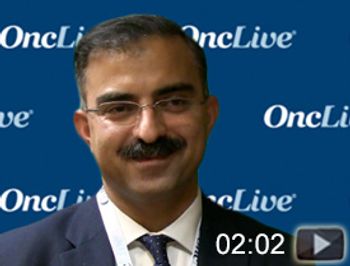
Armin Ghobadi, MD, assistant professor of medicine, Division of Medical Oncology, Washington University School of Medicine, Siteman Cancer Center, discusses the potential development of chimeric antigen receptor (CAR) T cells in solid tumors.
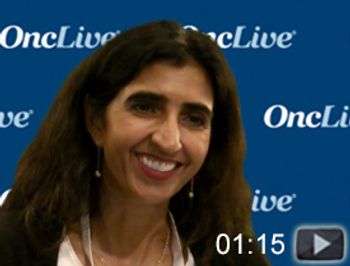
Syma Iqbal, MD, associate professor of clinical medicine, Keck School of Medicine, University of Southern California, discusses the impact of peptide receptor radionuclide therapy (PRRT) on the treatment of patients with neuroendocrine tumors (NETs).
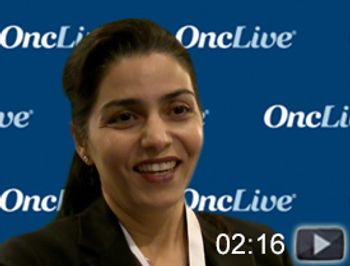
Afsaneh Barzi, MD, assistant professor of clinical medicine, Norris Comprehensive Cancer Center, University of Southern California, discusses available and emerging neoadjuvant strategies for the treatment of patients with nonmetastatic pancreatic cancer.
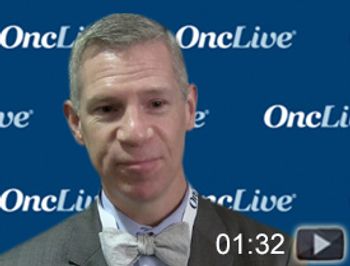
Robert Dean, MD, staff physician, Cleveland Clinic, discusses the evolution of treatment approaches in mantle cell lymphoma (MCL).
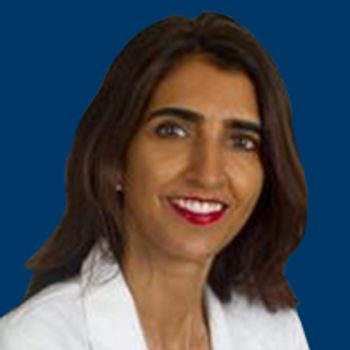
Syma Iqbal, MD, discusses the evolving treatment paradigm of neuroendocrine tumors.

The second-line treatment of gastric and gastroesophageal junction cancers has shifted considerably in the last few years, due in part to the addition of immunotherapy for select subgroups of patients.
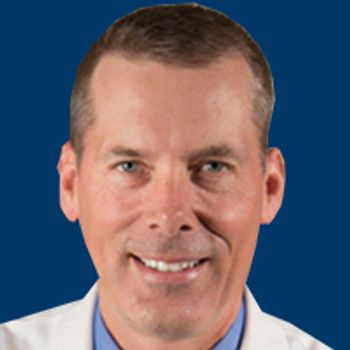
Brad Kahl, MD, discusses the rapidly evolving therapeutic landscape of CLL and the novel combinations on the horizon.
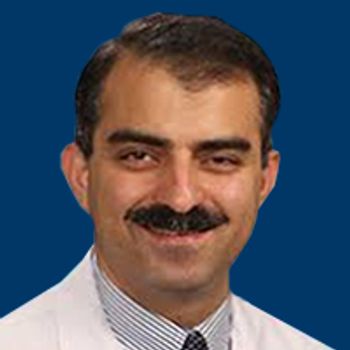
Armin Ghobadi, MD, discusses the evolution and expansion of CAR T-cell therapy in oncology and how to maximize its application across liquid and solid tumors.
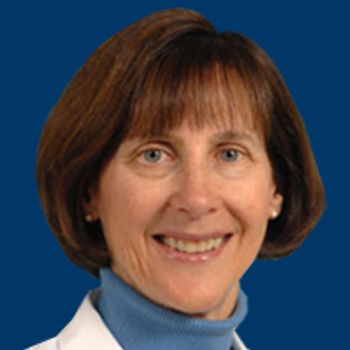
Nancy L. Bartlett, MD, discusses factors in treatment decisions for patients with advanced-stage Hodgkin lymphoma.